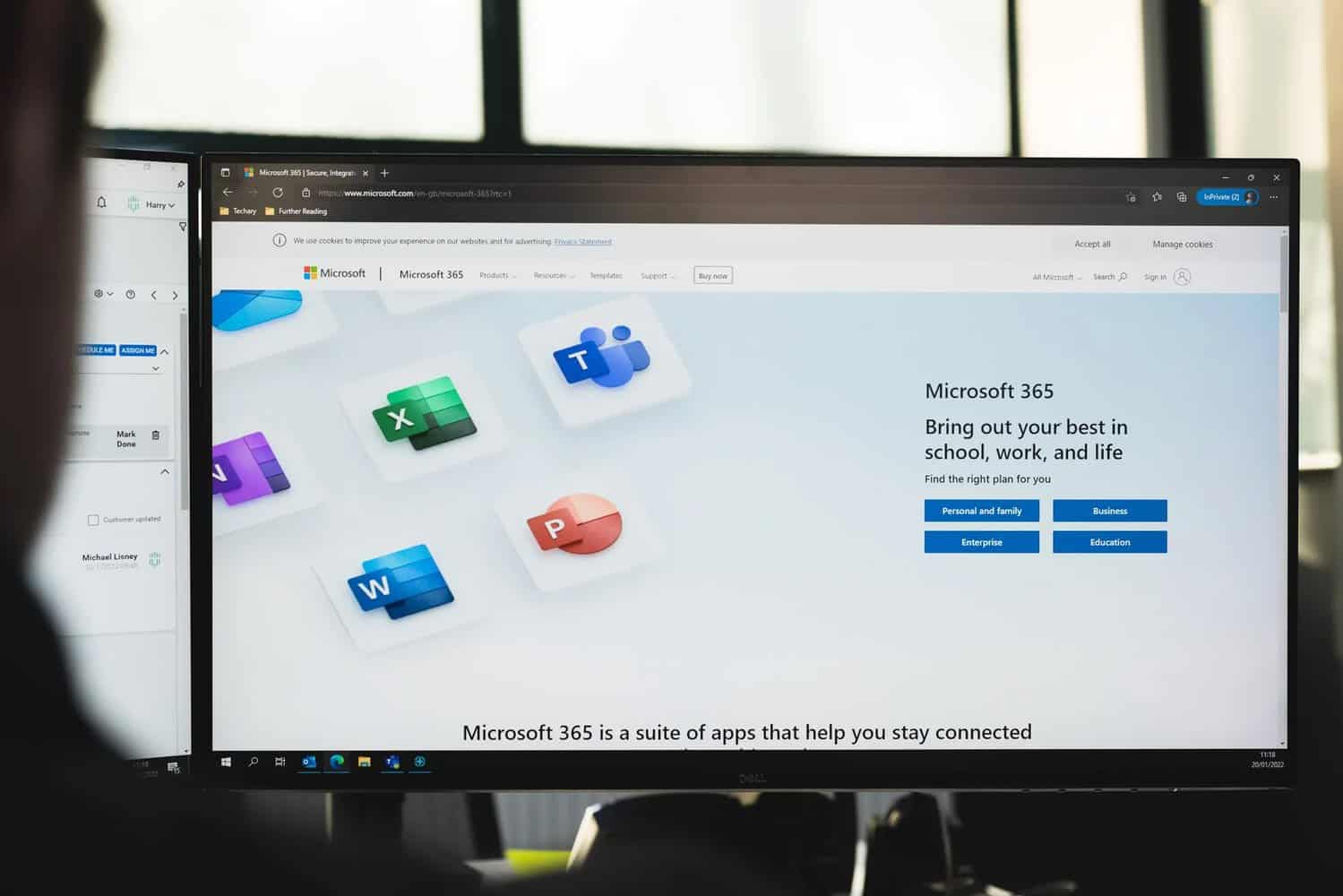Microsoft has long been at the forefront of providing essential software solutions for businesses, offering an extensive suite of products that cater to a wide range of corporate needs. From productivity tools to robust server solutions and cloud-based services, Microsoft’s offerings play a vital role in the operations of countless companies worldwide. In this article, we’ll explore some of the most popular Microsoft software applications used in the business world and delve into the critical aspect of licensing contracts for companies.
Microsoft 365
Microsoft 365, formerly known as Office 365, has emerged as a foundational tool for businesses, seamlessly blending the familiarity of essential applications like Word, Excel, and PowerPoint with the agility of cloud-based collaboration tools. Its subscription-based model offers unparalleled flexibility, ensuring that organizations of all sizes can tailor their productivity solutions to fit their unique requirements. One of the key advantages of Microsoft 365 is its ability to provide automatic updates, eliminating the need for time-consuming manual installations and ensuring that users always have access to the latest features and security enhancements. Furthermore, the cloud-based nature of Microsoft 365 means that employees can collaborate and access their work from virtually anywhere, promoting productivity and adaptability in today’s dynamic business landscape. Microsoft 365 is more than just software; it’s a transformative platform that empowers businesses to thrive in the digital age.
Windows Server
Windows Server stands as the paramount solution for businesses seeking a robust, secure, and scalable server operating system. It serves as the bedrock upon which critical workloads are hosted, ensuring optimal performance, reliability, and data security. With extensive storage options, Windows Server empowers organizations to efficiently manage and protect their data, no matter the scale of their operations. In today’s digital landscape, where flexibility is key, Windows Server shines as it seamlessly supports hybrid cloud environments. This means that businesses can leverage the power of cloud computing while still maintaining control over their on-premises infrastructure, striking the perfect balance between efficiency, security, and scalability. Whether it’s a small enterprise or a large corporation, Windows Server remains the go-to choice for building a resilient and adaptable IT infrastructure.
Microsoft Azure
In today’s rapidly evolving digital landscape, cloud computing has emerged as a cornerstone for modern businesses. At the forefront of this transformation stands Microsoft Azure, a leading cloud platform that has redefined the way organizations operate in the digital age. Microsoft Azure offers a comprehensive suite of cloud services, encompassing everything from foundational infrastructure to cutting-edge artificial intelligence capabilities. This expansive toolkit empowers companies to not only adapt to the challenges of the digital era but to thrive and innovate in ways previously unimaginable.
SQL Server
In the ever-evolving realm of data management, SQL Server stands as an unwavering industry standard, providing businesses with a powerful toolkit to harness the full potential of their data assets. At its core, SQL Server is renowned for its advanced security features, offering businesses the peace of mind that their data remains safeguarded in an increasingly data centric world. With data breaches and cyber threats on the rise, SQL Server’s security capabilities are paramount for protecting sensitive information. Furthermore, SQL Server’s real time analytics capabilities empower organizations to make data driven decisions with precision and speed. It transforms raw data into actionable insights, enabling businesses to stay ahead of the competition and respond to market dynamics in real time.
